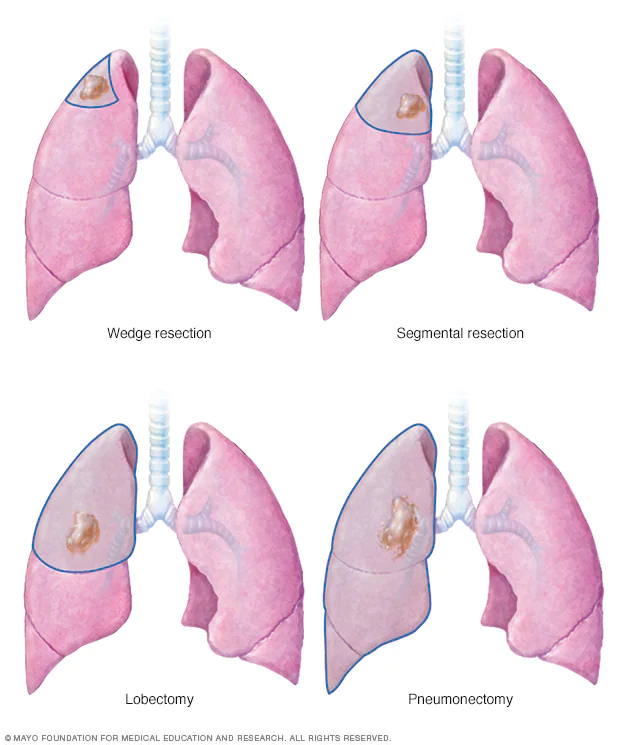
The thymus gland is a small organ located in the upper part of the chest, behind the breastbone (sternum). It is a part of the immune system and plays a role in developing and maturing certain immune cells.
Thymectomy surgery is performed for two main reasons:
Myasthenia Gravis: Thymectomy is often used as a treatment for a condition called myasthenia gravis. In myasthenia gravis, the immune system attacks communication between nerves and muscles, causing muscle weakness and fatigue. Removing the thymus gland can help improve symptoms and reduce the need for some medications.
Thymic Tumors: Sometimes, tumors can develop in the thymus gland. While most of these tumors are not cancerous (benign), some can be cancerous (malignant). In such cases, the thymus gland needs to be removed to treat or prevent further complications.
Transsternal Thymectomy: In this traditional approach, the surgeon makes an incision in the middle of the chest (sternum) to access and remove the thymus gland. It allows the surgeon to have a clear view of the thymus and surrounding structures.
Video-Assisted Thoracoscopic Surgery (VATS): In this less invasive approach, a small camera and specialized surgical instruments are inserted through tiny incisions in the chest. The camera provides a magnified view of the thymus gland, allowing the surgeon to remove it with minimal damage to surrounding tissues.
After thymectomy surgery, patients typically stay in the hospital for a few days for monitoring and pain management. The recovery period can vary,
but most people can return to their normal activities within a few weeks. It's essential to follow the doctor's post-operative instructions carefully
for proper healing.
After thymectomy surgery, patients typically stay in the hospital for a few days for monitoring and pain management. The recovery period can vary, but most people can return
to their normal activities within a few weeks. It's essential to follow the doctor's post-operative instructions carefully for proper healing.
Thymectomy surgery involves the removal of the thymus gland and is performed to treat myasthenia gravis or remove thymic tumors. It is an essential procedure in managing these conditions and improving the quality of life for affected individuals. If you or someone you know needs thymectomy surgery, it's crucial to discuss the procedure, potential benefits, and risks with a qualified healthcare professional.